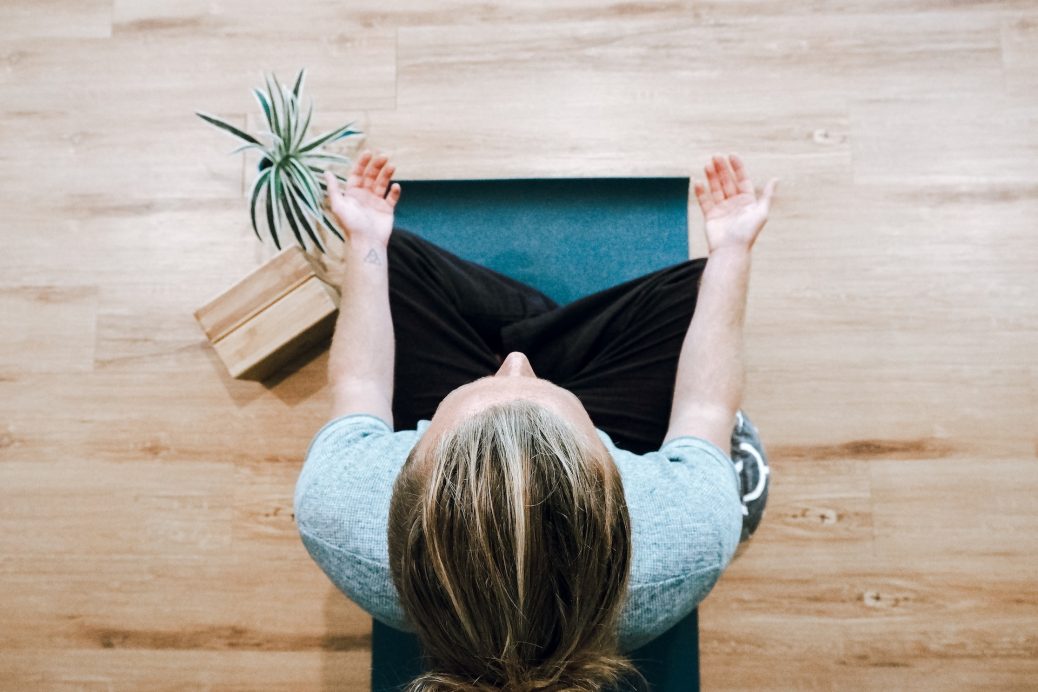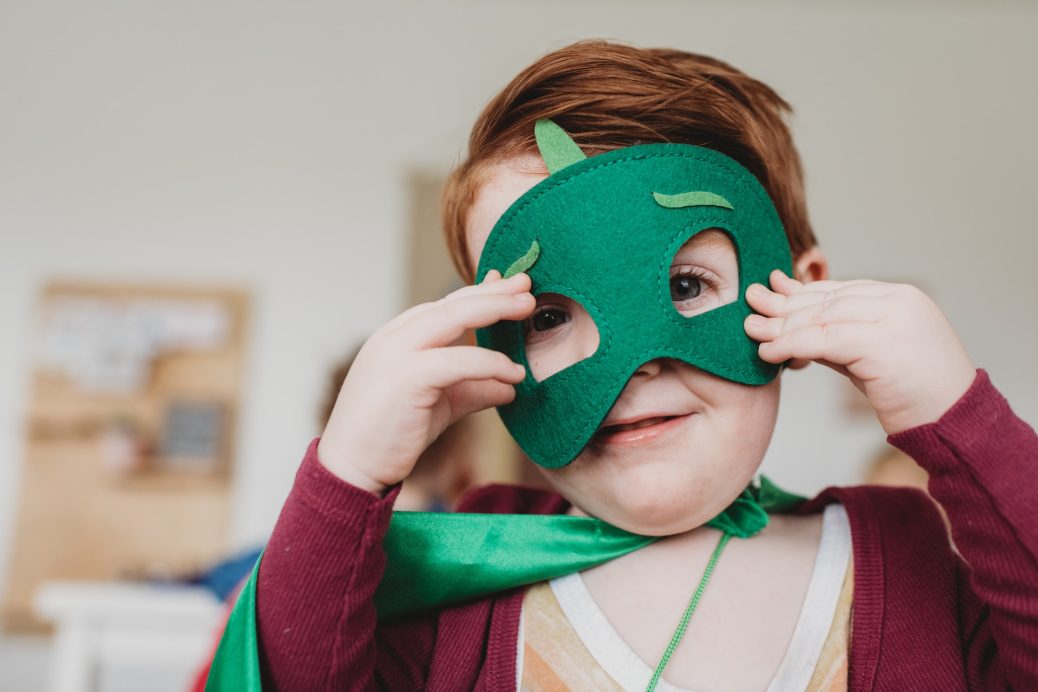Mindfulness techniques for managing stress in teenagers have gained popularity in recent years as an effective way of dealing with stress. Adolescence is a time of significant changes and challenges, which can lead to stress and anxiety. In this article, we will explore mindfulness techniques that can help teenagers manage stress and improve their overall well-being.
Mindfulness is the practice of paying attention to the present moment with openness, curiosity, and non-judgment. It involves bringing awareness to one’s thoughts, feelings, bodily sensations, and the surrounding environment. Mindfulness helps teenagers manage stress by allowing them to develop a greater sense of self-awareness and a more compassionate and accepting attitude towards their experiences.
What is Mindfulness and How Does it Help Teenagers Manage Stress?
Here are some mindfulness techniques that help teenagers to manage stress:
- Stress reduction: Mindfulness practices such as deep breathing, body scans, and guided meditation activate the relaxation response in the body, reducing stress hormones like cortisol and promoting a sense of calmness and relaxation.
- Emotional regulation: Mindfulness helps teenagers become more aware of their emotions in the present moment. By recognizing and accepting their emotions without judgment, teenagers can develop healthier ways of responding to stress and managing their emotions more effectively.
- Improved overall well-being: Engaging in mindfulness practices on a regular basis can contribute to improved overall well-being for teenagers. It can enhance their sense of happiness, contentment, and life satisfaction.
- Guided imagery is a technique that involves using your imagination to create a calming mental image. To use this technique, find a quiet place where you won’t be interrupted. Sit or lie down in a comfortable position, and close your eyes. Imagine yourself in a peaceful, calming place.
- Getting enough sleep is essential for managing stress. Lack of sleep can increase feelings of anxiety and make it more difficult to cope with stressful situations. Make sure that you are getting enough sleep each night, and that the quality of your sleep is good.
- Connecting with others is an important part of managing stress. Spending time with friends and family can help you to feel supported and less alone. It can also provide a distraction from your stressors and help you to relax. Make an effort to connect with others on a regular basis, whether it’s by spending time with friends.
- If you are struggling with stress and anxiety, it’s important to seek professional help. A mental health professional can help you to develop coping strategies and provide support as you work through your stressors.
Mindfulness Breathing Exercises Techniques for Managing Stress for Teenagers
This section will discuss different mindfulness breathing exercises and techniques for managing stress in teenagers that can be helpful to focus on the present moment and reduce stress.
- Mindfulness meditation: This practice involves focusing on the present moment and being aware of one’s thoughts and feelings without judgment. It can help reduce stress and increase feelings of calmness and relaxation.
- Mindful breathing: Mindful breathing is a simple yet powerful technique that can help teenagers reduce stress and anxiety. It involves focusing on the breath, breathing in deeply through the nose and exhaling through the mouth.
- Body scan meditation: This technique involves scanning the body from head to toe and noticing any areas of tension or discomfort. By bringing awareness to these areas and focusing on relaxing them, teenagers can release physical and emotional tension.
- Mindful walking: Mindful walking involves paying attention to the physical sensations of walking, such as the movement of the feet and legs, the breath, and the surrounding environment.
- Mindful communication: Mindful communication involves listening attentively to others, being present in the conversation, and responding in a non-judgmental and compassionate way.
- Cognitive-behavioural therapy (CBT): This type of therapy helps individuals identify and change negative patterns of thinking and behaviour that contribute to stress and anxiety.
- Art therapy: This form of therapy uses art to help individuals express their emotions and reduce stress. It can be particularly helpful for teens who may have difficulty verbalizing their feelings.
- Music therapy: This therapy involves using music to promote relaxation and reduce stress. It can be helpful for teens who enjoy music and may benefit from a creative outlet for their emotions.
- Journaling: Writing down thoughts and feelings can help individuals process and manage stress. Encouraging teens to keep a journal can provide a private space for reflection.
What are Mindfulness Movement Activities for Teenagers
This section will explore various mindfulness movement activities techniques for managing stress in teenagers such as tai chi that can help teenagers release tension and improve their physical and mental health.
- Tai Chi: Tai Chi is a Chinese martial art that involves slow, flowing movements and deep breathing. It promotes relaxation, balance, and body awareness. Teenagers can learn Tai Chi sequences or attend Tai Chi classes to experience the meditative and mindful aspects of this practice.
- Yoga: Yoga combines physical postures, breathing techniques, and meditation to promote relaxation and reduce stress. It has been shown to improve mood, reduce anxiety, and increase overall well-being.
- Exercise: Regular physical activity can help reduce stress and improve mood. Encouraging teens to engage in physical activity they enjoy, such as sports, dancing, or hiking, can be an effective way to manage stress.
- Dance: Dancing is a joyful and expressive form of mindful movement. Teenagers can engage in different dance styles, such as contemporary, ballet, hip-hop, or even freestyle dance while maintaining a mindful awareness of their body movements, rhythm, and sensations experienced through dance.
- Mindful Hiking: Going on a mindful hike combines the benefits of physical activity and connection with nature. Teenagers can explore scenic trails, paying attention to the sounds, sights, and sensations they encounter along the way.
- Martial Arts: Martial arts practices like Karate, Judo, or Kung Fu can help teenagers develop discipline, focus, and body awareness. Engaging in martial arts training with a mindful approach allows them to be fully present, observing their movements, breath, and interactions with others.
Mindfulness Eating Habits for Teenagers
This section will discuss how mindfulness eating techniques can be applied to eating habits for managing stress in teenagers and how it can help teenagers make healthier food choices and reduce stress-related eating.
- Slow down: Encourage teenagers to eat at a slower pace and savour each bite. Eating slowly allows them to fully experience the flavours, textures, and sensations of the food.
- Remove distractions: Encourage teenagers to eat without distractions, such as watching TV, using electronic devices, or doing homework. By focusing solely on the act of eating, they can tune in to their body’s hunger and fullness cues and fully enjoy their meal.
- Engage the senses: Encourage teenagers to engage their senses while eating. They can observe the colours, shapes, and textures of the food, smell the aromas, and savour the flavours. This helps them stay present and mindful during the eating experience.
- Listen to the body: Encourage teenagers to listen to their body’s hunger and fullness signals. They should eat when they feel hungry and stop eating when they feel comfortably satisfied.
- Practice portion control: Help teenagers understand portion sizes and encourage them to serve themselves appropriate portions. This can help them avoid overeating and maintain a healthy balance of nutrients.
- Eat mindfully, not restrictively: Encourage teenagers to approach food with a non-judgmental attitude. Help them understand that mindful eating is not about restricting certain foods or following strict diets.
- Cultivate gratitude: Encourage teenagers to express gratitude for the food they have and the effort that went into its preparation.
- Practice self-care: Encourage teenagers to view mealtime as an opportunity for self-care and nourishment. Encourage them to create a pleasant eating environment, such as setting the table nicely or eating with family or friends. Teaching Self-Control to Children
Incorporating Mindfulness into Daily Life for Teenagers
This section will provide practical tips on how teenagers can incorporate mindfulness into their daily routines, including studying, socializing, and leisure activities.
- Morning Mindfulness: Encourage teenagers to start their day with a few minutes of mindfulness practice. They can engage in mindful breathing, body scans, or set intentions for the day ahead.
- Mindful Eating: Encourage teenagers to practice mindful eating by paying attention to the flavours, textures, and sensations of each bite. Encourage them to eat without distractions, such as electronic devices.
- Mindful Transitions: Encourage teenagers to practice mindfulness during transitions between activities. For example, before starting homework or studying, they can take a few moments to focus on their breath and set an intention to stay present and focused. Similarly, during transitions from school to home.
- Mindful Technology Use: Help teenagers become more mindful about their technology use. Encourage them to take breaks from screens and engage in activities that foster present-moment awareness, such as going for a walk, or reading a book.
- Mindful Reflection: At the end of the day, teenagers can reflect on their experiences with mindfulness. They can journal about moments of mindfulness they experienced, challenges they faced, and any insights gained. This reflection helps reinforce the practice and promotes self-awareness.
- Mindful Breathing: Encourage teenagers to practice mindful breathing throughout the day, whenever they feel stressed or overwhelmed. They can take a few deep breaths, focusing on the sensation of the breath entering and leaving their body, to bring themselves back to the present moment.
- Mindful Movement: Engaging in mindful movement activities, such as yoga, stretching, or even walking, can help teenagers incorporate mindfulness into their physical routines. Encourage them to be fully present and aware of their body and breath during these activities.
References:
- National Institute of Mental Health. (2019). Any anxiety disorder. Retrieved from https://www.nimh.nih.gov/health/statistics/any-anxiety-disorder.shtml
- Healthline. (2018). Mindfulness meditation: Techniques, benefits, and a beginner’s guide. Retrieved from https://www.healthline.com/nutrition/mindfulness-meditation-101
- American Psychological Association. (2013). 10 tips for managing stress. Retrieved from https://www.apa.org/helpcenter/manage-stress
- Mayo Clinic. (2019). Stress management. Retrieved from https://www.mayoclinic.org/healthy-lifestyle/stress-management/basics/stress-basics/hlv-2004949


